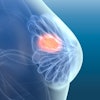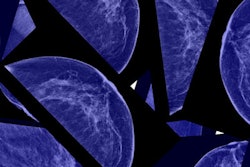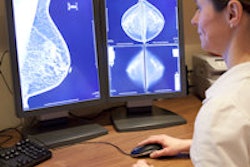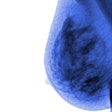Australian researchers have found a new factor for breast density: chronic, low-level inflammation, according to a study published online January 11 in Breast Cancer Research.
The finding suggests there might be new approaches to preventing breast cancer through reducing inflammation, wrote a team led by Dr. Wendy Ingman from the University of Adelaide.
Ingman's group induced a low level of chronic inflammation in mice and found that a particular protein called CCL2 caused inflammation, which then led to an increase in breast tissue density and an increased risk of breast cancer.
"With this research, we believe we may be able to identify the women most at risk of inflammation-associated breast cancer through measuring their breast density and therefore identify those who will most benefit from anti-inflammatory treatment," Ingman said in a statement released by the university.
The next step is to conduct further studies into which treatments best mitigate inflammation and examine the relationship between density and inflammation within a large population of women, according to the researchers.



















